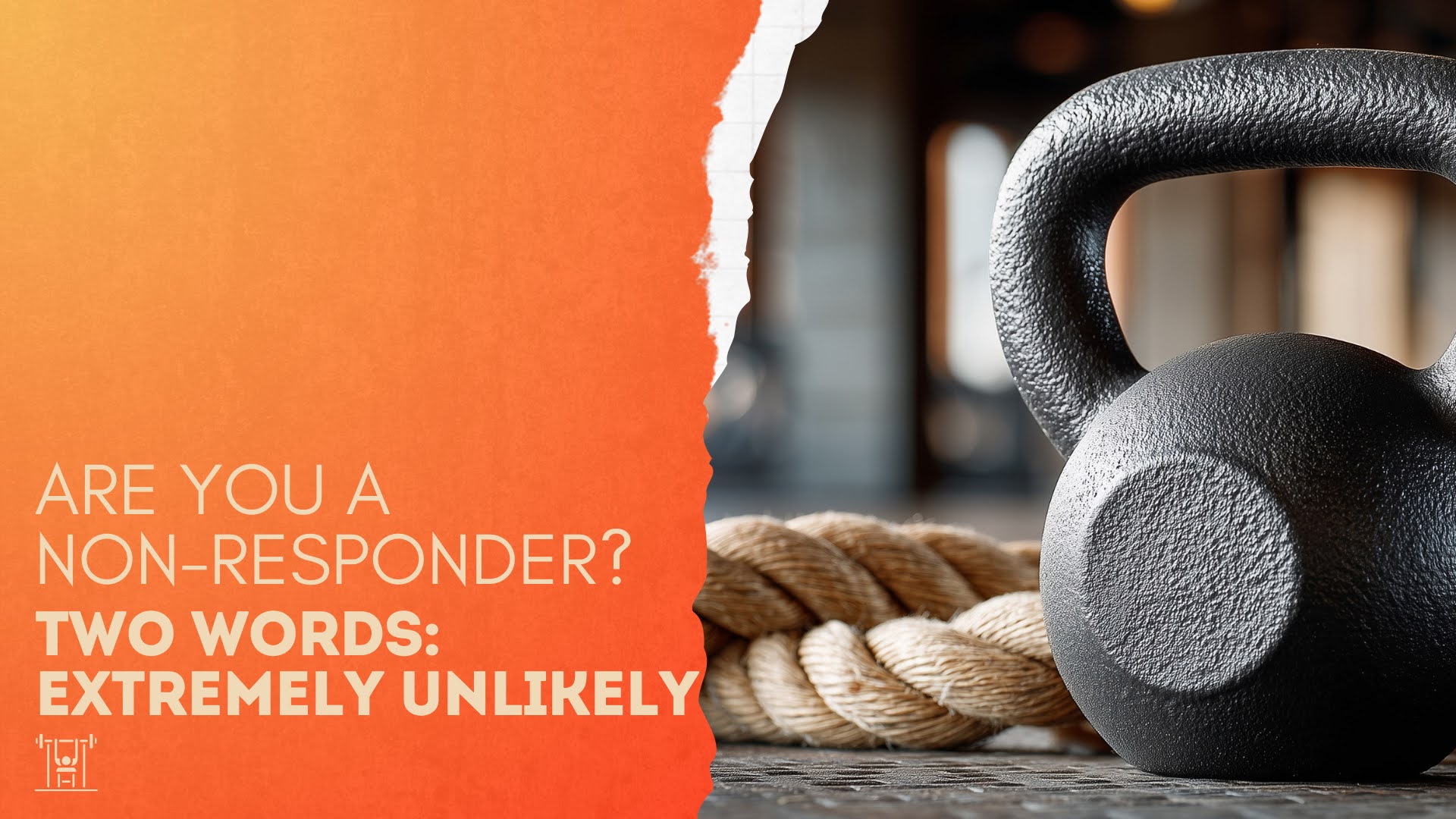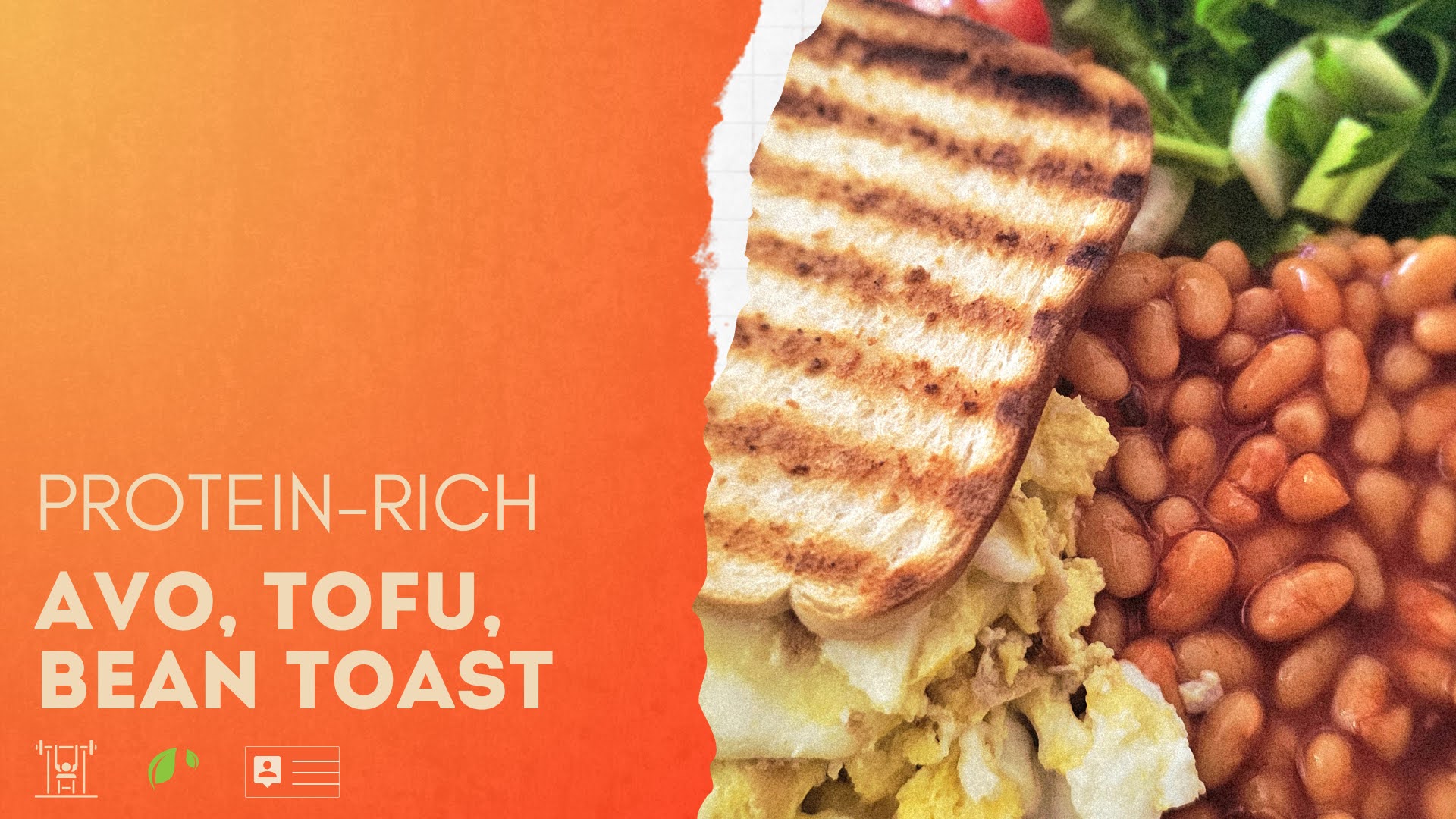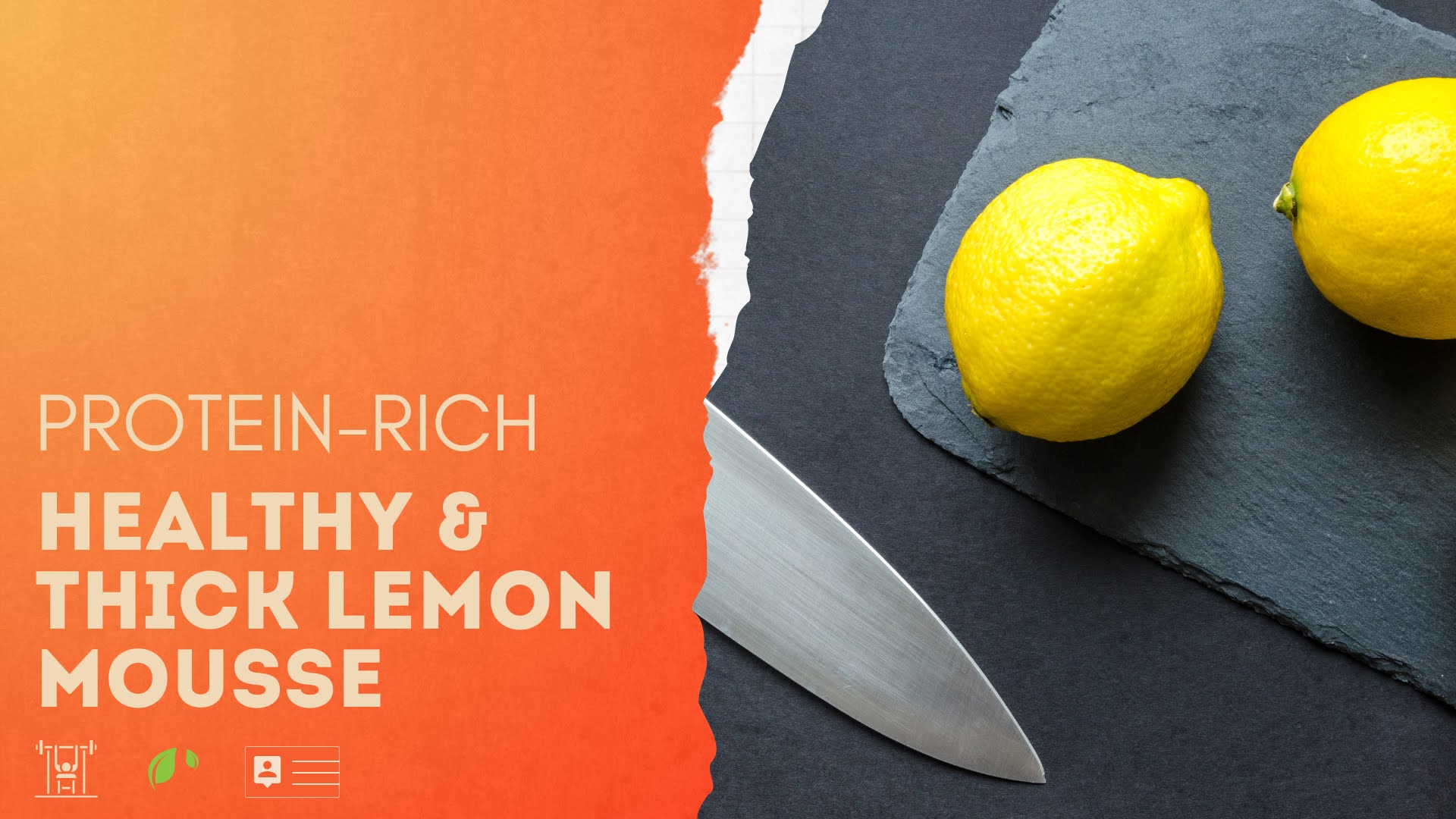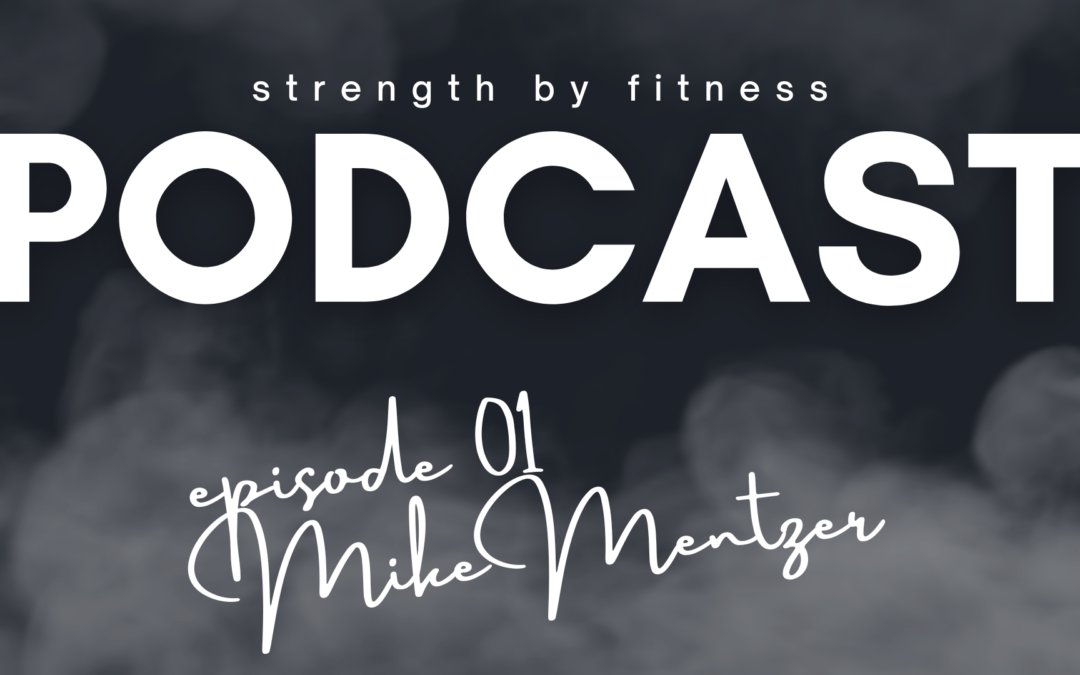
our podcast is available
@
styrka, spotify
& youtube
dissecting mike mentzers flawed
and out of date
approach to fitness & coaching.
Now, I will be the first one to point out that you can absolutely approach your own health, and fitness journey based on the principles that Mike Mentzer used.
This mirrors the exact same way that people can lose and perpetually keep off a tremendous amount of excess body fat and build strength and muscle mass by eating high fat & high protein ( Keto basically ) or do it the complete opposite way by combining high protein with a high whole foods carbohydrate intake and small to moderate fat consumption.
Other examples are people who do great in health & fitness despite eating a lot of meat, and vegans that do just as well by eating plant-based high-protein foods.
There are simply put, so many different fact-based ways to approach strength training, health, and exercise, and still end up with really good life-long results over time.
But this does not mean that every choice is the best one for you or even a good one.
Plenty of pro athletes do amazingly well despite the fact that they have a largely suboptimal approach to their training, nutrition, lifestyle habits, sleep, and recovery. This brings us to Mike Mentzer, whose approach to fitness & coaching was quite suboptimal when we compare it to the vast science-based knowledge we have today on how to properly approach health, fitness, recovery & nutrition in order to maximize our progression while remaining healthy.
fact-based choices
create a better trajectory
So, if a pro athlete is doing just fine in their career while doing drugs, drinking alcohol, gulping down pizzas and candy. In short, living, and eating in a very lackluster way, and never hitting that important 6 to 8-hour sleep window isn’t proof that you too can skip all the healthy foods, down-prioritize sleep, protein intake, creatine, healthy fats, and quality carbs, disregard your recovery need and still rock the best possible health, fitness performance, and body composition ever?
No, it absolutely isn’t.
When we eat better high-quality foods, with enough nutrients, energy, and a high enough protein intake to maximize both satiety, as well as all of the protein, and fitness-related metrics we progress in a much better way, our health drastically improves and mood and cognitive functions also benefit in similar ways.
This, however, does not mean that you won’t do pretty well if you eat a little less protein. You will still get stronger in the gym ( if you are making a decent enough effort lifting weights on a weekly basis ), and unless you are overconsuming on nutrients ( your energy balance ) in a perpetually bad way you won’t end up with excess body fat.
Likewise, you do not have to eat and recover perfectly to become a better runner if you just put in enough work, in fact, if you eat decent enough you will still be able to recover from all those workouts and keep a pretty decent pace of progression. Perfection is not needed, in other words.
But, if you train hard enough on a weekly basis, and you keep the exercise volume big and frequent enough, and you meet the bigger price of recovery with better nutrition, enough nutrition, and a maxed-out high protein intake all available studies demonstrate clearly how you will progress markedly better in health and fitness, as well as have a much easier time to remain healthy fit and lean.
Do you see just from that short paragraph how the fact-based trajectory of our own progression is not a zero or one, but a trajectory that keeps relative to our ongoing choices?
In other words, we can easily improve upon it, or make it worse. Most importantly our trajectory takes its cues from our daily choices, and it’s never going to be a static equation, the progression of health & fitness is a lifelong trajectory that is as influenced by our ongoing exercise, as our sleep and food choices.

the mike mentzer
training philosophy
You see, you can follow the basics of Mentzer’s training philosophy and progress pretty well over time. After all, one hard work set per exercise, after a suitably executed warmup set or two, taken all the way to a properly controlled failure, RIR 0, is enough to progress in strength, and lean muscle mass.
But it is far from the optimal progression that the vast majority of people would be able to achieve with a slightly better, more up-to-date approach to their fitness routine.
We know today that 3 or 4 work sets per exercise, and gym day produce noticeably better results in hypertrophy, and strength than doing just 1 hard work set.
In fact, most muscles, for almost every human on the planet do quite a bit better if you train them two times per week compared to doing just 1 gym day per week. And, some muscles can produce even better results with 3 sessions per week.
This is in stark contrast to Mentzer’s low-volume, high-intensity approach that virtually only gave each muscle group 1 or 2 hard work sets every 7 to 10 days.
Some recent studies even display better progression rates all the way to 50 sets per week per muscle group.
Which, of course, is a borderline insane amount of exercise volume, ending up with a price of recovery and workout time that will be very high, and thus, not at all sustainable for most people.
But the up-to-date, fact-based point is that most people will do way better with many more hard work sets per muscle group and week than what Mike Mentzer used to prescribe.
10 set per week
and muscle group beats 4.
4 set is better than 2,
which already surpass 1 set
per week and muscle group,
which in turn
destroys
no training at all.
For most people, the ideal more often than not actually comes out as anything between 8 to 20 work sets per muscle group and week.
The individual difference in the optimal workout volume, effort, and weekly frequency ultimately comes down, however, to how well you can meet the price of recovery that hard and frequent training demands.
The harder you train, and the more hard exercise volume you grind through each session and week, the better you have to take care of nutrition, high protein levels, rest, sleep, and recovery. But when you do meet the big pillars of exercise, nutrition, and recovery the results for us steroid-free fitness people is a progression pace that can be nearly twice as good over time as a less optimal food, fitness, and recovery approach would result in.
Anyway, hit up our podcast, or deep-dive into the referenced studies behind this short-form article & podcast by Coach Mike from Strength By Fitness.
Cited studies
Workout Volume Per Muscle Group. Session And Week. Load variables, RIR, and Recovery for Strength & Hypertrophy.
1. https://pubmed.ncbi.nlm.nih.gov/37414459/?s=09
2. https://pubmed.ncbi.nlm.nih.gov/33241958/?s=09
3. https://pubmed.ncbi.nlm.nih.gov/28834797/?s=09
5. https://pubmed.ncbi.nlm.nih.gov/34527944/?s=09
6. https://pubmed.ncbi.nlm.nih.gov/34125411/?s=09
7. https://pubmed.ncbi.nlm.nih.gov/37875254/
8. https://www.thelancet.com/journals/langlo/article/PIIS2214-109X(24)00150-5/fulltext?s=09
9. https://www.ncbi.nlm.nih.gov/pmc/articles/PMC5451738/?s=09
10. https://pubmed.ncbi.nlm.nih.gov/38888088/?s=09
11. https://www.strengthlog.com/3-6-or-9-sets-of-squat-and-bench-press/?s=09
12. https://sportrxiv.org/index.php/server/preprint/view/423?s=09
13. https://sportrxiv.org/index.php/server/index?s=09
15. https://pubmed.ncbi.nlm.nih.gov/32058362/?s=09
16. https://journals.physiology.org/doi/abs/10.1152/japplphysiol.00670.2023?s=09
18. https://pubmed.ncbi.nlm.nih.gov/37788790/?s=09
Protein Intake And It´s Impact On Strength & Hypertrophy.
1. https://pubmed.ncbi.nlm.nih.gov/36360927/?s=09
2. https://www.frontiersin.org/articles/10.3389/fnut.2024.1397090/full?s=09
3. https://pubmed.ncbi.nlm.nih.gov/38674813/?s=09
4. https://www.ncbi.nlm.nih.gov/pmc/articles/PMC8468854/
5. https://ajcn.nutrition.org/article/S0002-9165(23)66282-3/pdf
6. https://linkinghub.elsevier.com/retrieve/pii/S0002916524004726?s=09
7. https://www.ncbi.nlm.nih.gov/pmc/articles/PMC7539343/?s=09
8. https://pubmed.ncbi.nlm.nih.gov/38674813/?s=09
9. https://pubmed.ncbi.nlm.nih.gov/26817506/?s=09
10. https://pubmed.ncbi.nlm.nih.gov/38144428/?s=09
11. https://www.sciencedirect.com/science/article/pii/S2666379123005402?ref=simplavida.com
12. Frontiers | Effects of 8 weeks of resistance training in combination with a high protein diet on body composition, muscular performance, and markers of liver and kidney function in untrained older ex-military men (frontiersin.org)
strength by fitness
podcasts
recent articles

Are you a non-responder? Two words: Extremely unlikely.
In this nail biting free to read, public article, Coach Mike from Strength By Fitness answers the dreaded question, “Am I a non-responder” to exercise?
Two words is enough. Extremely unlikely. But read on to get the science too.

Client & Member Exclusive Recipe: Tofu, Butter bean and Black bean, Avo Toast.
What an amazing health and fitness friendly higher-SPC avo, tofu, bean toasted bread sensation from Strength By Fitness.
60 grams of protein per person and a great 51 to 65 SPC range.

Weekly Exercise, How Much Do You Need? Exclusive Member Article.
How much weekly exercise do you need?
This is a relative answer that comes down to the unique context of your lifestyle puzzle, current habits, and goals.
Read on to find out why this is nothing but great. Unlimited reading of all Strength By Fitness articles, and recipes for only 9US$ per year.

Members & Clients Recipe: Healthy & Thick Lemon Protein Mousse.. High SPC & Protein.
Exclusive Members & Clients Recipe from Strength By Fitness: Healthy & Thick Lemon Protein Mousse. High SPC: 66 to 80, with 80g of Protein.

The Brain Armor of Weekly Exercise.
Body and brain walk hand in hand. As such, regular, weekly exercise boosts both the physical and cognitive you. Making you faster, fitter, stronger and more durable, while, also drastically improving health, processes, and function in body & brain.

Fitness Hike, Weighted Calisthenic, Yoga and Coaching
Participate in our unique weighted Fitness Hike + Personalized Coaching Talk together with Strength By Fitness, on location in gorgeous Cape Town, South Africa. Or get the same coaching while doing weighted calisthenics, yoga or boxing.
We appreciate you
so stay healthy & never stop training
Contact
Private In-App Messaging is Available For All App + Coaching Clients
Adress
Coaching
Available Online on IOS & Google Play, and In-person.
Copyright 2026 Strength By Fitness.
